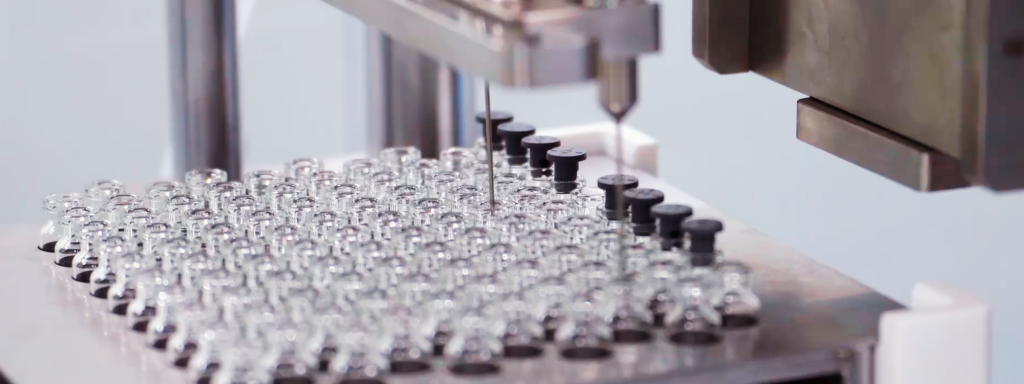Protease inhibitor assay is a commonly used experimental method in biochemistry and molecular biology research, used to study the function and activity regulation of proteases, as well as the mechanism of action of inhibitors. When conducting protease inhibitor experiments, the following aspects should be noted:
1、 Selection and concentration of inhibitors
Selectivity: Select inhibitors that have specific inhibitory effects on the target protease according to the experimental purpose. Be careful to avoid choosing broad-spectrum inhibitors that have inhibitory effects on multiple enzymes to reduce non-specific interference.
Concentration: The concentration of inhibitors should be precisely adjusted according to experimental requirements. Excessive concentration may lead to excessive inhibition, affecting the accuracy of experimental results; If the concentration is too low, it may not effectively inhibit protease activity. It is recommended to set multiple concentration gradients for pre experiments to determine the optimal inhibitory concentration.
2、 Sample processing and preservation
Sample preparation: Ensure that the sample is not contaminated during the preparation process and maintains its biological activity. For easily degradable samples, they should be treated immediately after adding protease inhibitors.
Storage conditions: The sample should be stored at an appropriate temperature to avoid repeated freeze-thaw cycles and prolonged storage. Long term stored samples may lose their activity due to degradation, affecting experimental results.
3、 Control of experimental conditions
PH and temperature: The activity of proteases is influenced by conditions such as pH and temperature. During the experimental process, these conditions should be strictly controlled to ensure the stability and reproducibility of the experimental results.
Reaction time: The reaction time between inhibitors and proteases should be long enough to ensure that inhibitors can fully bind to proteases and exert their inhibitory effects. However, prolonged reaction time may lead to sample degradation or other non-specific reactions.
4、 Addition and mixing of inhibitors
Addition order: In the experiment, the order in which inhibitors are added may affect their inhibitory effect. It is usually recommended to add inhibitors before adding proteases to ensure sufficient contact and binding between inhibitors and proteases.
Uniform mixing: The inhibitor and sample should be thoroughly stirred or shaken during mixing to ensure uniform distribution of the inhibitor in the sample.
5、 Standardization of experimental operations
Aseptic operation: When handling biological samples, strict adherence to aseptic operation procedures should be followed to prevent microbial contamination from affecting experimental results.
Accurate measurement: In sample addition, dilution and other operations, precise measuring tools (such as pipettes) should be used for accurate measurement to reduce errors.
Repeated experiments: To verify the reliability of the experimental results, it is recommended to conduct multiple repeated experiments and calculate statistical measures such as mean and standard deviation for data analysis.
6、 Data recording and analysis
Detailed records: During the experiment, each step of the operation process, reagent dosage, reaction conditions, and observed phenomena should be recorded in detail for subsequent data analysis and problem troubleshooting.
Data analysis: After the experiment, statistical analysis should be conducted on the collected data to evaluate the inhibitory effect of inhibitors and their possible mechanisms of action.
7、 Safety precautions
Personal protection: When handling samples or reagents that may contain harmful substances, appropriate personal protective equipment (such as lab coats, gloves, masks, etc.) should be worn to prevent exposure and injury.
Waste disposal: The waste generated from experiments should be classified, collected, and disposed of in accordance with relevant regulations to prevent harm to the environment and human health.
In summary, protease inhibitor testing requires attention to multiple details and operating procedures to ensure the accuracy and reliability of experimental results.
Share on:
Facebook
Twitter
Pinterest
WhatsApp
Recent posts
We recommend


